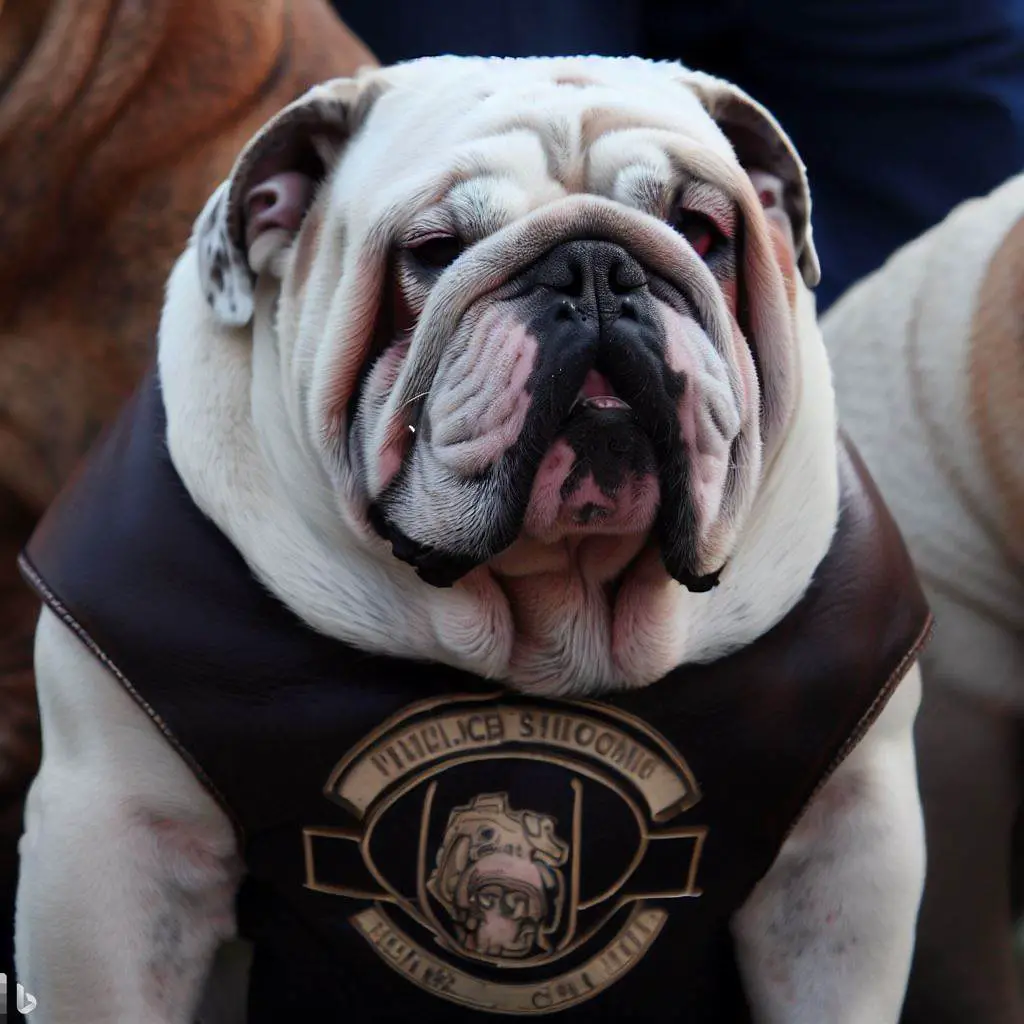
The Future of the Bulldog: Preservation and Improvement ===
Bulldogs have long been cherished for their distinctive appearance and endearing personalities. With their wrinkled faces, stocky bodies, and unwavering loyalty, these dogs have captured the hearts of many around the world. However, in recent years, concerns have been raised about the genetic health and overall well-being of this beloved breed. To ensure the future of the Bulldog, a concerted effort is needed to preserve and improve their traits while addressing the challenges they face. In this article, we will explore the revitalization of Bulldog preservation efforts, the pursuit of excellence in genetic health, and the innovative strategies paving the way forward for the Bulldog legacy.
Revitalizing a Beloved Breed: Bulldog Preservation Efforts
Despite their popularity, Bulldogs have experienced a decline in genetic diversity over the years. This reduction in genetic variation poses a risk to their overall health and well-being. To counteract this, preservation efforts have been initiated to safeguard the breed’s future. One approach involves the establishment of breed registries, which aim to maintain accurate records and pedigrees. By doing so, breeders can make informed decisions about mating pairs, avoiding close inbreeding and promoting genetic diversity. Additionally, organizations dedicated to Bulldog preservation work tirelessly to educate owners, breeders, and the public about responsible breeding practices and the importance of maintaining the breed’s unique characteristics.
Rejuvenation projects have also emerged as a key strategy in revitalizing the Bulldog breed. These projects focus on identifying healthier individuals within the current gene pool and selectively breeding them to produce offspring with improved genetic health. By carefully selecting breeding pairs based on health, temperament, and adherence to breed standards, these projects aim to mitigate known health issues while preserving the Bulldog’s distinct appearance and personality. Such efforts require dedication, research, and collaboration among breeders, veterinarians, and geneticists to ensure the long-term welfare of this beloved breed.
Striving for Excellence: Enhancing the Bulldog’s Genetic Health
The Bulldog’s genetic health is of paramount importance in securing a prosperous future for the breed. Over the years, various health issues, including respiratory problems, skin conditions, and joint disorders, have emerged as major concerns. To address these challenges, dedicated researchers and veterinarians are working tirelessly to identify the underlying genetic causes and develop effective solutions. Advances in genetic testing have made it possible to screen Bulldogs for specific genetic markers associated with these conditions, enabling breeders to make informed decisions when selecting mating pairs. With a focus on responsible breeding, these advancements hold tremendous potential for improving the overall genetic health of Bulldogs.
In addition to genetic testing, promoting a healthy lifestyle and proactive healthcare play vital roles in enhancing the breed’s well-being. Proper nutrition, regular exercise, and routine veterinary care are fundamental for maintaining optimal health. Bulldog owners and breeders are encouraged to work closely with veterinarians to address specific needs and prevent potential health issues. By adopting a comprehensive approach that combines genetic screening, responsible breeding, and diligent healthcare practices, we can strive for excellence in Bulldog genetic health and ensure a brighter future for this magnificent breed.
Paving the Way Forward: Innovations to Preserve the Bulldog Legacy
As we embark on the journey to preserve and improve the Bulldog breed, innovative strategies are emerging as beacons of hope. One such innovation is the utilization of assisted reproductive techniques, including artificial insemination and in vitro fertilization. These approaches enable breeders to work with genetic material from Bulldogs that may be limited in availability or unable to naturally reproduce. By expanding the genetic pool through these techniques, breeders can make significant strides in improving the breed’s overall health and diversity.
Furthermore, advancements in genomic research offer promising avenues for the preservation of the Bulldog legacy. By mapping the entire Bulldog genome, scientists can gain valuable insights into the breed’s genetic makeup, identifying key genes associated with health and breed-specific traits. This knowledge can inform targeted breeding programs aimed at reducing the prevalence of inherited diseases while preserving the Bulldog’s unique characteristics. The collaboration between researchers, breeders, and veterinarians in this endeavor holds immense potential to safeguard the Bulldog’s future and pave the way forward for other breeds facing similar challenges.
Securing a Vibrant Future for the Bulldog Breed===

Preserving and improving the Bulldog breed is not merely a task for breeders and enthusiasts, but a collective responsibility shared by all who cherish these remarkable dogs. Through revitalized preservation efforts, enhanced genetic health initiatives, and innovative strategies, we can secure a vibrant future for the Bulldog. By valuing genetic diversity, prioritizing responsible breeding practices, and advocating for the overall well-being of Bulldogs, we honor their legacy while ensuring their continued existence for generations to come. Let us unite in our commitment to this noble cause and stand as guardians of the Bulldog’s past, present, and future.














